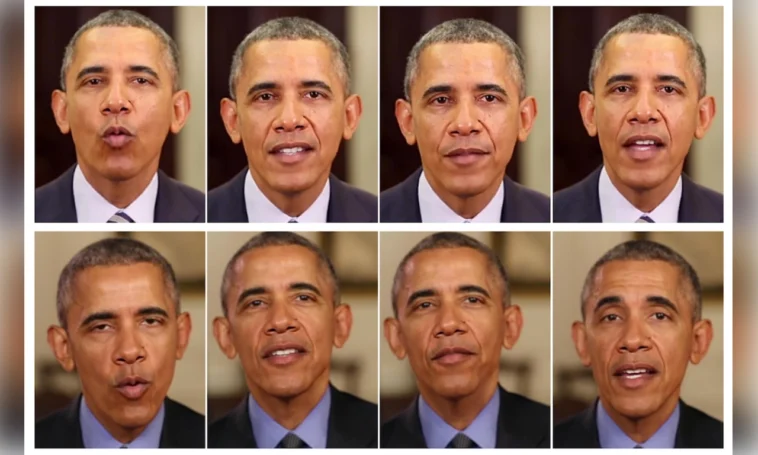“Taking Swift Action”: Google On AI Overview Falsely Claiming Obama A Muslim. Former US President Barack Obama has been the subject of misinformation and misleading claims, even years after leaving office.
Recently, Google’s new artificial intelligence (AI) search tools provided false information about Obama, stating that he is Muslim, a common misconception about him. This incident is not isolated, as Obama has faced numerous false claims and conspiracy theories throughout his political career.
Despite being a Christian, the false narrative about his religious affiliation has persisted. Additionally, other false claims have circulated about his birthplace, citizenship, and policies. Obama has consistently debunked these claims, and fact-checking organizations have repeatedly discredited them. However, the spread of misinformation continues to be a challenge, particularly with the rise of social media and AI technology.
Google has since removed the AI overview that provided the false information about Obama, citing violations of its policies. The company has acknowledged the need to improve its AI tools to prevent similar incidents in the future. This incident serves as a reminder of the importance of fact-checking and verifying information, especially when it comes to public figures like Obama.
It also highlights the need for tech companies to take responsibility for the information disseminated through their platforms and to take steps to prevent the spread of misinformation. Throughout his presidency and beyond, Obama has been a strong advocate for fact-based information and critical thinking. He has emphasized the importance of seeking credible sources and verifying information before sharing it.
This is not the only misleading information provided to users. Another one claimed that a Google AI summary stated that “none of Africa’s 54 recognised countries start with the letter ‘K’”. This, too, is incorrect as it forgot Kenya.
This incident serves as a reminder of the ongoing need for media literacy and critical thinking in the digital age. The spread of misinformation can have serious consequences, from damaging reputations to influencing public opinion and policy decisions. It is crucial that individuals, tech companies, and fact-checking organizations work together to combat misinformation and promote fact-based information.
Obama’s experience with misinformation is not unique. Many public figures and organizations face similar challenges in the digital age. However, his consistent advocacy for fact-based information and critical thinking serves as a model for others to follow.
In addition to promoting media literacy and critical thinking, there are steps that tech companies can take to prevent the spread of misinformation. These include investing in AI technologies that can detect and flag false information, partnering with fact-checking organizations to verify information, and implementing policies and procedures to remove false information from their platforms.
Furthermore, individuals can also play a role in preventing the spread of misinformation. This includes seeking out credible sources of information, verifying information before sharing it, and reporting false information to the relevant authorities. By working together, we can promote a culture of fact-based information and critical thinking, and prevent the spread of misinformation.
In conclusion, the incident involving Google’s AI search tools and false information about Obama serves as a reminder of the ongoing need for fact-checking and verification in the digital age. It highlights the importance of media literacy and critical thinking, and the need for tech companies to take responsibility for the information disseminated through their platforms. By working together, we can promote a culture of fact-based information and prevent the spread of misinformation.




